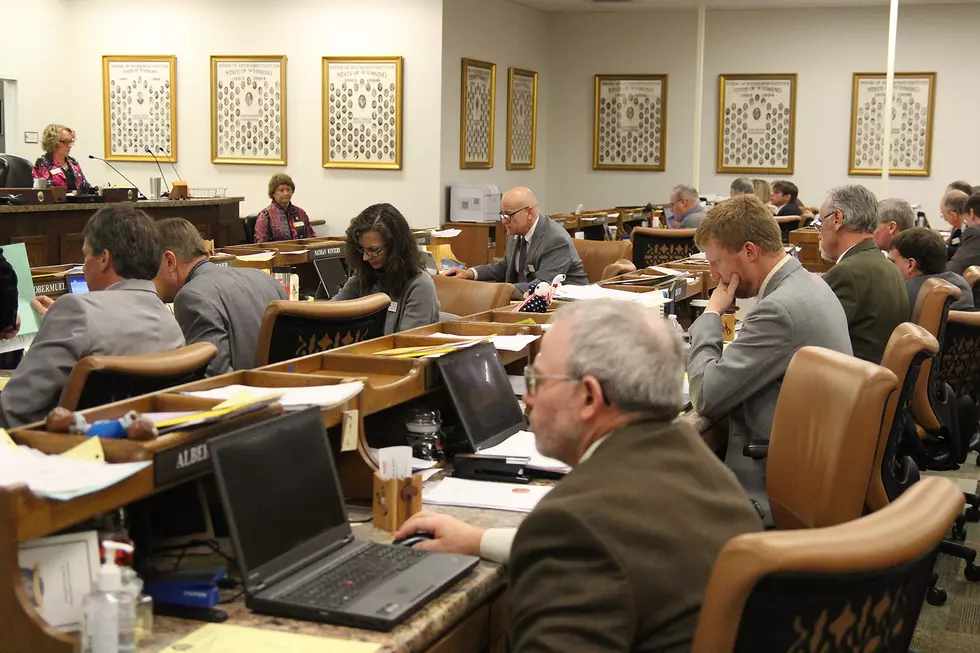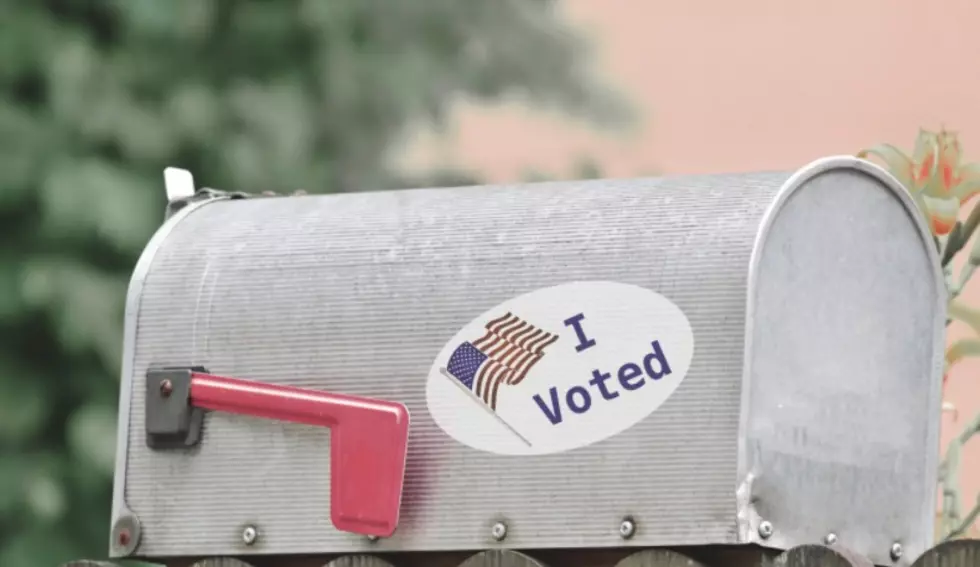
High Profile Bills Find Tough Sledding In Wyoming Legislature
The 2019 session of the Wyoming Legislature may be remembered as one where high profile bills--especially tax bills--were not met with much enthusiasm.
A proposal to implement a personal and corporate state income tax, sponsored by Rep. Cathy Connolly [D-Albany County] died in the Wyoming House Revenue Committee, despite claims it would have raised around $200 million per year for state schools.
Even friends in high places couldn't save House Bill 220, a corporate income tax bill that would have targeted large, out of state companies like Walmart. The measure would have levied a tax of up to 7 percent on companies with over 100 shareholders. It was supported by much of the legislative leadership, and it sailed through the House by a 42-16 margin. But conservatives opposed to the idea of any state income tax, the business community, and representatives of Walmart and other companies came together to fight the bill in a Senate committee, and it died without ever making it to the Senate floor.
Proposals for a tobacco tax, lodging tax, and a three-year increase in property taxes all bit the dust in the 2019 legislative session.
But while conservatives may have enjoyed the demise of several tax bills, they were less pleased with the failure of a pair of bills that would have attempted to curb crossover voting in Wyoming primary elections.
The different versions of the bills would have banned people from changing their party affiliation during various periods leading up to the primary election. Various versions of the legislation would have implemented the ban starting anywhere from May 1 to two weeks before the primary, but in the end arguments in favor of the voters' right to cast a ballot for the candidate of their choice carried the day over claims that Democrats were ''gaming" Republican primary elections.
Other high-profile bills that failed to win final approval in the 2019 session of the Wyoming Legislature included a ban on the death penalty in Wyoming and a statewide non-discrimination bill designed to protect LGBTQ people from hiring and job discrimination.
The latest attempt at getting rid of the state's twice-a-year time change also fell short. House Bill 14 cleared the state house on a 35-23 vote but failed to win a Senate Committee Of The Whole introductory vote by the narrowest possible margin, losing on a 15-15 tie vote.
That bill would have had Wyoming ask the federal government for permission to stay on Daylight Savings Time all year if three surrounding states did the same.
More From K2 Radio









